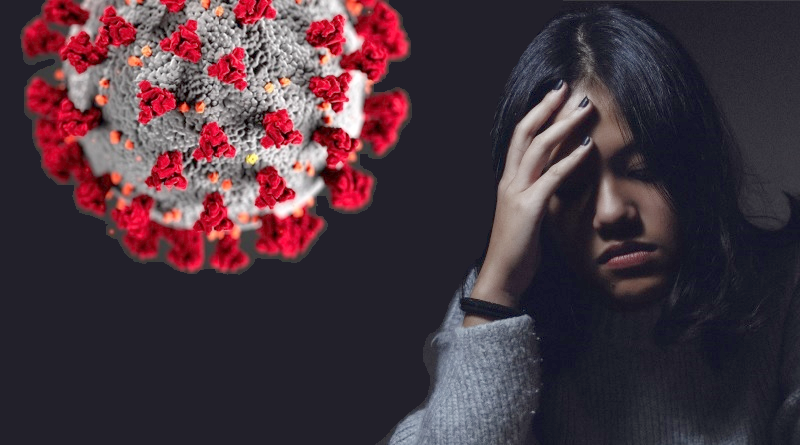3 ways to recover from ‘Corona hangover’
Quick COVID resources
• For kids: Calming COVID concerns (Text and video)
• Top ten ways God may be working COVID-19 for good
• What would Jesus say about COVID-19? (Text and video)
I think we’re all suffering from what I’m dubbing the “Corona hangover.” Not the Mexican beer variety of the morning after, but the COVID-19 variety. It’s manifested in physical and emotional exhaustion, and includes an undefined stress that makes us snap at family members and un-friend people on social media. It should be a medical issue resolved with credible scientific research, but it’s become a political and spiritual drunken argument. Unfortunately, it’s not something that black coffee, aspirin and a good night’s sleep is going to relieve.
The Holmes-Rahe Stress Inventory places numerical value on various incidents of stress, so I think it’s a good diagnostic tool for the Corona hangover. Let’s add up our scores.
▢ Death of spouse 100
▢ Death of close family member 63
▢ Major personal illness 53
▢ Major change in family member’s health 44
▢ Major business readjustment 39
▢ Major change in finances 38
▢ Death of close friend 37
▢ Major change in work hours, conditions 20
▢ Changing to new school 20
▢ Major change in social activities 18
▢ Major change in number of family get-togethers 15
▢ Major holidays 12
How did you score? No wonder we’re all feeling hungover! And acknowledging it, as they like to say in AA, is the first step to recovery!
According to the Holmes-Rahe statistical prediction model, if you have 150 to 300 points, you have a 50 percent chance of a “health breakdown” in the next two years. Over 300 points and the percentage of risk jumps to 80 percent.
The evidence seems to indicate that what seems like the never-ending COVID-19 is going to have long-term effects on the physical and mental health around the world. And the stress on medical systems with actual virus cases, is only going to get worse in the next two years with stress-related illnesses. So, to avoid the lasting effects of the Corona hangover . . .
1. Take time to rest and relax
Caring for seriously ill loved ones, homeschooling children, losing a job, and the other side effects will quickly deplete our energy reserves. As always, we need to eat right, get adequate sleep and exercise. (Yeah, I know, when do we find the time to do that?! See below.)
2. Take time to grieve
So much has been lost, not only in terms of lives, but family, church and social times together as well as economic losses. Any kind of loss triggers grief, so be aware of that powerful—and again—depleting emotion. (At times, it almost feels like a physical death.) Acknowledging the losses is a good start to recovery. And, of course, this pandemic is fertile breeding ground for depression! (Also, see below.)
3. Take time to care for others
We’re all in this together! The pandemic has brought out both the best and the worst in humankind! May I suggest these important instructions from St. Paul:
Don’t be selfish. . . . Be humble, thinking of others as better than yourselves. Don’t look out only for your own interests, but take an interest in others, too (Philippians 2:3-4).
And as my high school Civics teacher taught: “Your freedom ends where the other person’s nose begins.”
I’m afraid—even though I’m the “hope and humor” guy—that we’re going to be recovering from the emotional trauma of the pandemic perhaps longer than the physical and financial impact. Mental health researchers will be studying post-pandemic stress disorder for years to come. And Holmes and Rahe remind us that our emotional state affects our physical state. So, this is not something we’re going to quickly bounce back from with an online hangover cure. Give yourself and others time to recover. (And with the new Delta strain reversing the some of the progress made over the original strain, we’ll probably be hungover well into 2022.)
So, stay safe, do onto others as you’d have them do onto you, and give yourself time and space to grieve all that you’ve lost during this stressful and deadly pandemic. By acknowledging these consequences as real, we can overcome them!
Copyright © 2021 James N. Watkins
Additional resources
• Dealing with death and grief
• Hope for balance in life
• Managing your time and sanity
• You may be depressed if . . .
If this was enlightening, please share on your social networks. Thanks!

